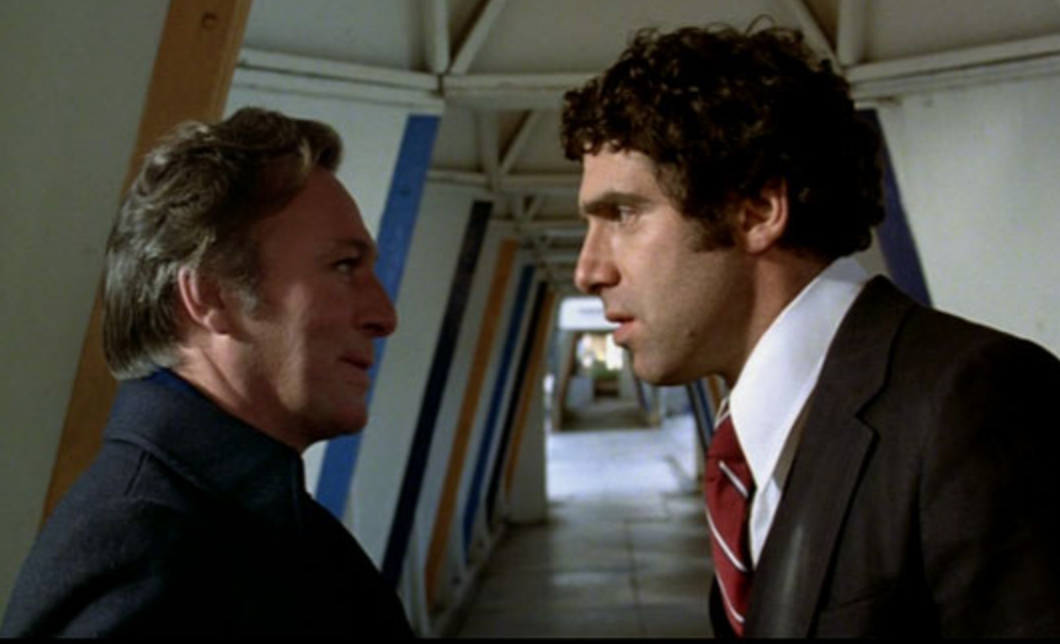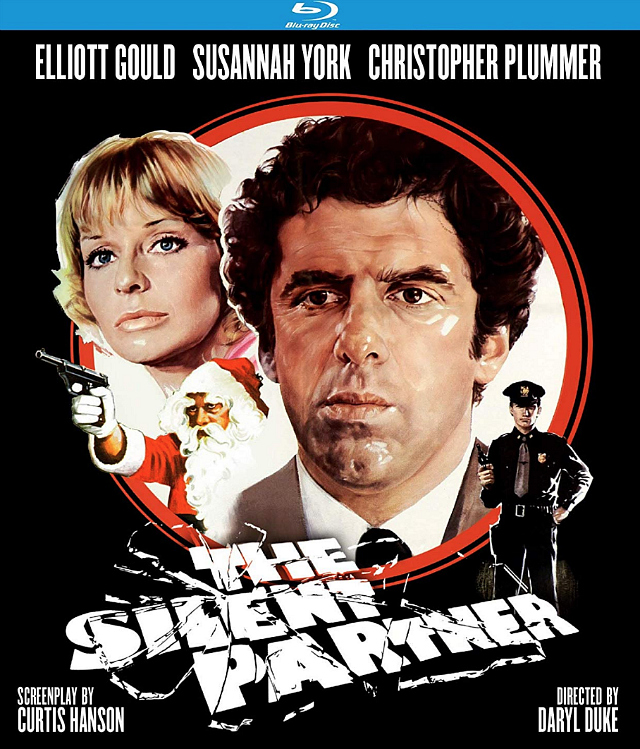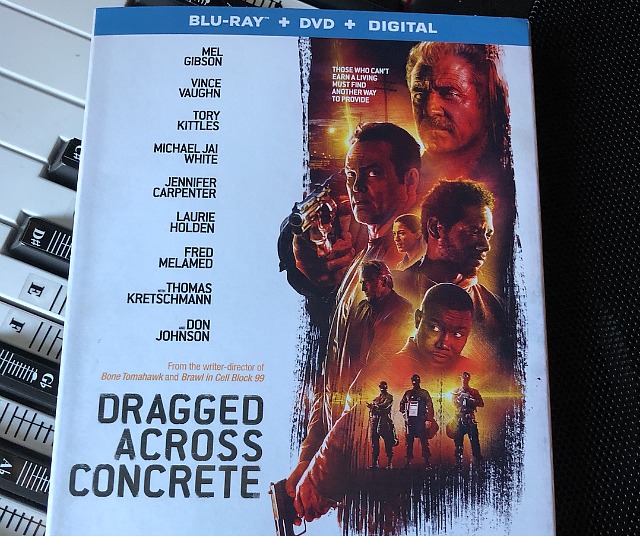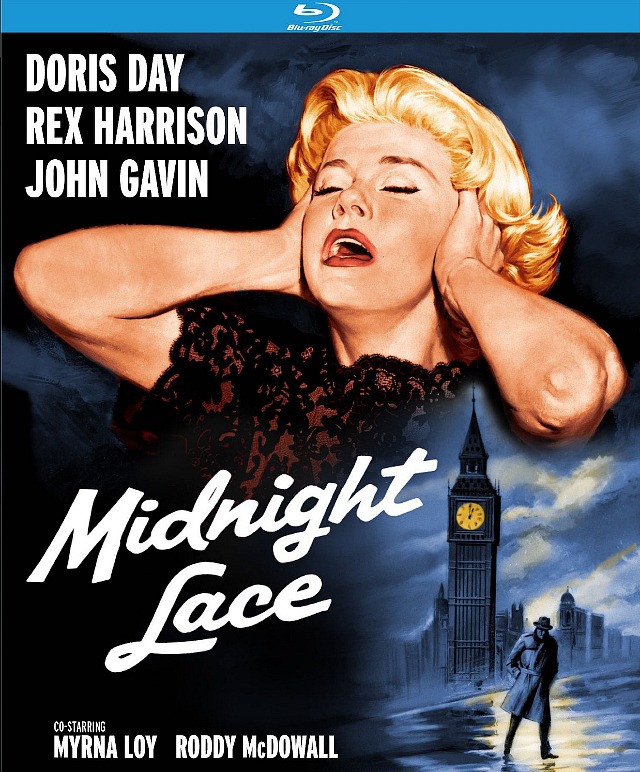Initially posted on 7.5.15:
One of the defining moments of my early childhood — my life, really — happened when I wasn’t quite three years old. It was a late summer evening, and my mother (her name was Nancy) and I were roaming up and down the century-old boardwalk in Asbury Park, New Jersey. One of the evening’s highlights (in my mind at least) was the famous Asbury Park merry-go-round.
After going on a ride or two We gradually made our way south (or was it north?), maybe a mile or two. Then I somehow slipped my mother’s grasp and disappeared. Gone.
For the first time in my life I had decided that it would be more exciting and fulfilling to go on a solo boardwalk adventure rather than stay with mom. Hey, I was only two-something.
Nancy freaked, of course. She found a couple of cops and asked for their help. They looked, searched, asked all the merchants…no luck. They finally made their way back to the merry-go-round and there I was — staring, bedazzled.
This incident put the fear of God into both my parents. From then on they decided I had to be kept on a short leash and monitored extra carefully. The result is that I began to feel that my life was being lived in a gulag, a police state. Rules, repression, “no”, time to go to bed at dusk, “because I said so,” “you’re too young,” etc.

A vaguely similar incident happened when I was around eight. In no way traumatic but it confirmed a pattern.
It was a hot Saturday morning when I convinced my seven year-old girlfriend, also named Nancy, to go on an adventure. The idea was to stroll from Harrison Avenue in Westfield, New Jersey (our homes were 100 feet apart) to my grandparent’s home in Rahway — a distance of roughly six miles. I’d never walked it before but I had a rough idea of how to get there.
We arrived at my grandparents’ home on West Meadow Avenue around three hours later. My surprised grandmother made us a sandwich and called my parents; my mom or dad (I forget which) drove over, took us back.
If I’d been the parent I would have said to myself, “Well, my son is obviously fearless or at least not intimidated by the unknown, and doesn’t lack for initiative or a sense of adventure…qualities that will almost certainly serve him well later in life. I’ll have to tell him to be more careful, of course, but he mainly needs to be hugged and approved of and encouraged to climb new mountains.”
Instead…gulag!
In eleventh grade I began tapping out a one-page, two-sided satirical news sheet and passing it around among my friends. Silly, sophomoric, sometimes off-color stuff about school episodes, relationships and sexual stirrings. Definitely juvenile but enterprising. One of the news sheets was snagged by a vice-principal at the school, and a day or two my father and I were hauled into his office and warned about the horrors of my having passed around pornographic material.
An enlightened, forward-thinking reaction from my father would have been something along the lines of “well, that newsletter was pretty crude and low-rent, but my son’s urge to publish a newsletter and be heard is obviously strong. I just need to encourage him to channel this in a legit way. Maybe urge him to try for a journalism degree.”
Instead…shame, anger, storm clouds.









